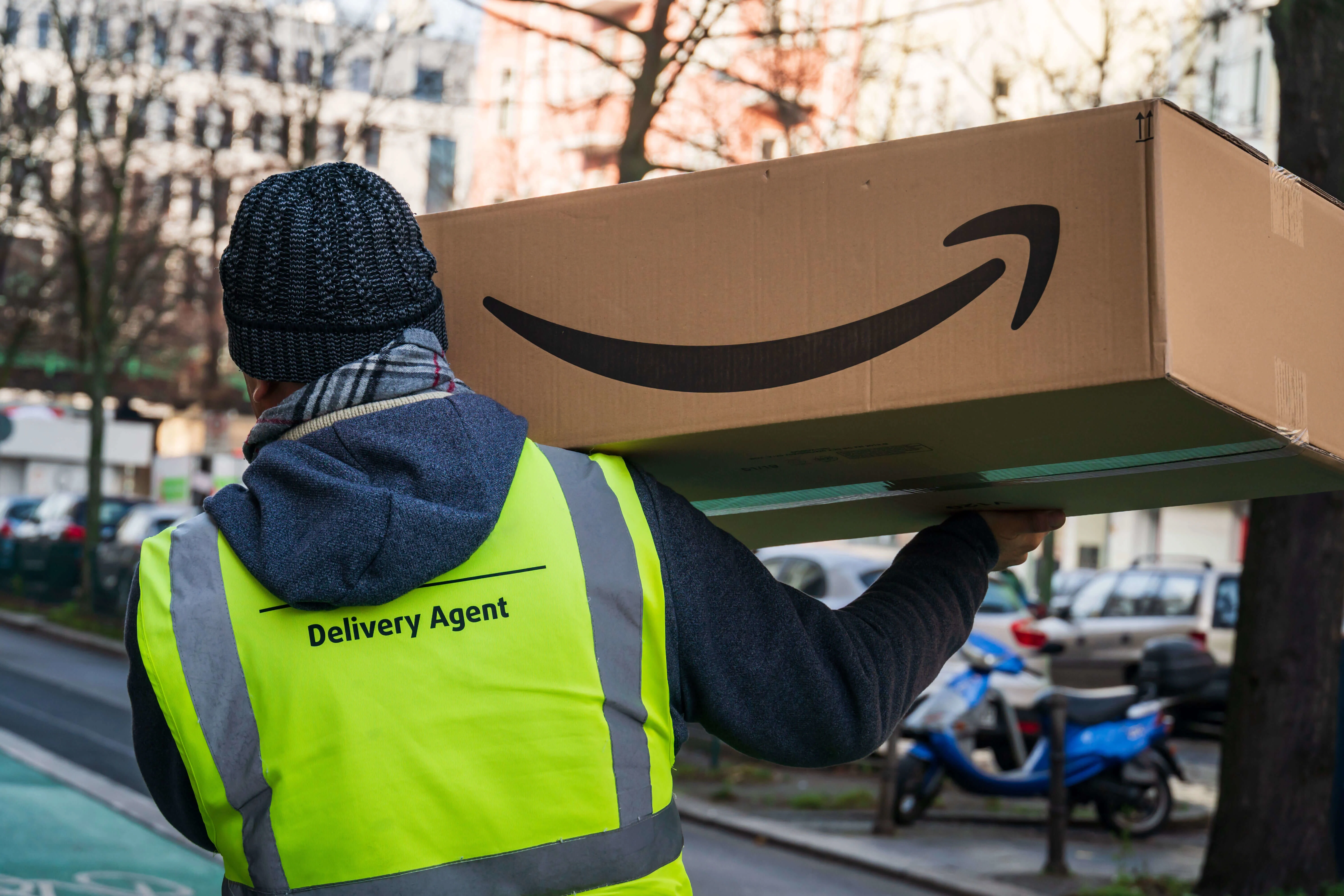As we enter cold and wintery months and prepare for the festive season, money will start to flow out of our purses, wallets, and bank accounts. Food, alcohol, clothes, gifts for loved ones – you name it, we're buying it. Yet, while we’re spending our money, there’s something important that we must remember – small businesses. In order to support our local high street and those who run it, as well as attempt to shop more sustainably by doing so, we need to shop small. But just how easy is it to do this?
Independent shops, cafés, and restaurants have always had unique charms to them that help to make our local high streets special in their own way. Whether it’s a cosy little tea room on the seafront in Somerset, or a beautifully whimsical bookshop tucked away on a quiet street in London, it is small businesses like these that provide our lives with multifariousness.
Despite this, small businesses have been presented with a number of challenges in recent years. One of these challenges has been the growth of large online markets and fast-fashion retailers, such as Amazon and Boohoo. These massive online businesses have not only decreased demand for high-street shops due to the ease with which orders can be made, but also have a substantial carbon footprint as a result of shipping and waste production.
Another difficulty faced by small businesses was the COVID-19 pandemic that swept across the globe in 2020. With lockdown forcing high-street hotspots such as shops, restaurants, and pubs to close – with no timeframe on when things would begin to open again – small businesses faced a lot of uncertainty. When would they be able to open again? Would they be able to open at full capacity? Would they be able to continue employing all of their staff once lockdown ended, or would cuts need to be made?
For those who were able to re-open their doors once lockdown restrictions were loosened, they needed the support of their local customers. Posters popped up in the windows and informative posts were shared online, all with the same message: ‘Shop small! Shop sustainably! Support local businesses!’. If we want to not only retain the individuality of our local high streets, but also help those struggling business owners and try to slow down climate change where we can by making sustainable choices, we as consumers must step up and do our bit.
And yet, here’s the issue: how easy is it for young people to support these businesses? For students, who either have part-time jobs or are making it through their studies with loans, and for those doing apprenticeships or training for entry-level jobs, spending money is something that needs to be carefully considered. Even for those who have since graduated from university and are on starting salaries: once payments have gone towards tax, rent, bills, loans, and living costs, the remaining disposable income is minimal.

Despite this, the winter months approach and the social media posts are uploaded about the importance of supporting local businesses, and how the positive effects include not only helping the business owners but also can be better for the environment. This sounds ideal – who wouldn’t want to support this? The problem: is it always affordable, or is it a luxury for the more privileged among us? Your local cosy bookshop may sell a copy of a hardback book you have been wanting to buy, but Waterstones might be including it in a "buy one get one half price" deal, or, even better, Amazon might have made it available as a free download on Kindle. With those options presented to you, and knowing you need to save money where you can, the cheaper decision is likely to be the one that is chosen. Once again, the local café may make a charming twist on a cheese and ham toastie with a delicious latte to accompany it, but knowing you have some points to spend in Costa to get yourself a free drink, the choice feels obvious. The large chain coffee shop gets your money, you get a free drink, and the local café loses another customer. Should we be made to feel guilty for pouring our money into already large businesses? Perhaps. Yet, it is not always our fault for doing so. When the easier, cheaper, option is presented to us, it is hard to ignore.
This begs the question: how can we still try to support small businesses when it is not the most convenient option for us at this stage in our lives? In order to begin to support them, we need to make a conscious effort to change our routines and habits when it comes to spending money. It is time to consider how urgently you need the item you were going to order on Amazon when you could walk down the high street and find it in one of those shops instead. Furthermore, if there’s an item of clothing you want to buy cheaply, and could easily buy from an online fast-fashion retailer, it might be worth having a look at local charity shops and seeing if they have a similar item in stock. This is still a cheap option, but is also more sustainable and does not contribute to the ever-growing fast-fashion industry. Also, local shops and cafés might offer loyalty cards for a certain amount of money spent or the number of coffees drunk, which provide similar perks to the points systems larger businesses provide. The difference is, becoming a regular customer at a small business could make a much more significant change than if it were for a larger business. Local shops may also have a website, with delivery or click-and-collect services that provide the same ease that larger online businesses have given us over the years, or social media pages that could easily be followed and shared to increase their reach! Acts like this, while only small, are ways in which those with low or no income can still make conscious decisions in order to spend their money more locally and in some cases more sustainably.
The option to shop small and sustainably should not be one that is only available to the wealthier and more privileged among us, and should not exist in order to make those who do not fit into those categories feel guilty. As we grow older and perhaps begin to earn more money or reach a more stable point in our careers, it may become easier for us to simply spend our money in those local shops and cafés without concerning ourselves over how to save every penny. Until then, we can hope to support them in other small ways, and there is no need to feel a sense of guilt for being unable to choose the ‘shop small and sustainably’ option every time. After all, the contribution of multiple small actions can still have a positive impact.
Written by
Eve GardinerPhysics graduate who has too many books and not enough time to read them. Interested in art, music, films, and learning more about the world we live in.
Weekly emails
Get more from Eve
The Fledger was born out of a deep-seated belief in the power of young voices. Get relevant views on topics you care about direct to your inbox each week.
Write at The Fledger
Disagree with Eve?
Have an article in mind? The Fledger is open to voices from all backgrounds. Get in touch and give your words flight.
Write the Contrast

